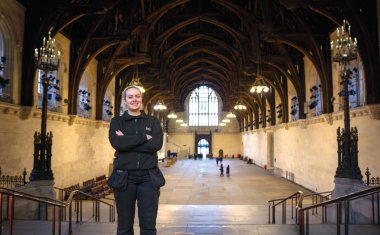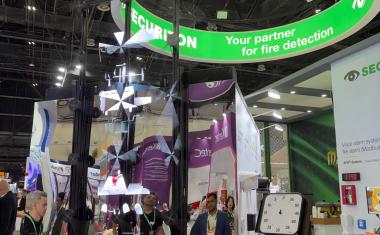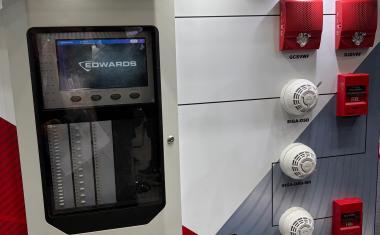British Security Industry Association welcomes Freedoms Bill
The UK Coalition Government published on Friday the Protection of the Freedoms Bill, following an announcement by Deputy Prime Minister Nick Clegg. In the Bill, reference is made t...
The UK Coalition Government published on Friday the Protection of the Freedoms Bill, following an announcement by Deputy Prime Minister Nick Clegg. In the Bill, reference is made to the forthcoming appointment of a Surveillance Camera Commissioner, and to the stipulation of a Code of Practice for the CCTV industry.
The CCTV Section of the British Security Industry Association (BSIA) - the trade association for the professional security industry in the UK - believes that it is in everybody's interest that this technology is applied to best effect to fight crime - and the ongoing terrorist threat - within an agreed framework, which addresses private concerns and other issues, so the public's largely positive regard for CCTV can be maintained. For this reason, the Association and its members have welcomed the Bill and the introduction of carefully thought-out regulation, provided adequate consultation takes place. For this reason the BSIA is keen to cooperate with the Government to inform the Code of Practice.
The BSIA's CCTV section has always been a strong advocate of best practice and standards, regularly issuing industry guidance on the effective employment of CCTV. A number of documents and standards are in fact already in place. The BSIA's guide to privacy masking, for example, addresses privacy concerns by specifying that commercial surveillance systems should be designed to limit their coverage so that they do not point to areas or 'spaces' which are outside their intended use.
Pauline Norstrom, Chairman of the BSIA's CCTV Section, comments on the Freedom Bill: "The BSIA has a long track record in working alongside the UK government to advise on CCTV, for example to influence the formation of the National CCTV Oversight Body and appointment of an interim CCTV regulator with the previous Government.
"Regulation represents a key step forward for the industry in terms of the development of national CCTV standards, image quality and training, as well as improving public understanding of CCTV technology and its capabilities.
"The BSIA has been very active in this area, making significant contributions to the work of the National CCTV Strategy, and as such, the Association hopes to continue to advise the coalition government as it plans to further develop this area. It is hoped that the government will continue to engage with industry in order to ensure the effectiveness of such developments."
Pauline adds: "CCTV is vital to the protection of our society and the security industry is dedicated to ensuring it is used responsibly. It is in fact possible to safeguard civil liberties whilst making effective use of CCTV systems, as the two things are not mutually exclusive.
"In addition, it is important to understand the difference between state owned and privately owned CCTV. State owned CCTV accounts for less than 10% of the cameras in the UK, and it is the privately owned surveillance systems that provide the majority of evidence in prosecutions. Moreover, in the commercial environment, business owners are already adopting best practice, as their main concern is to protect their assets in the most effective way.
"CCTV has played a crucial role in solving crimes such as the Jamie Bulger case, the Tonbridge robbery and the London 7/7 bombings and the prevention of a second attack, and to ensure it continues to prove its worth, it is important for the regulator and the industry to work closely together to understand the public and the industry's requirements."














